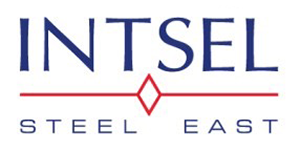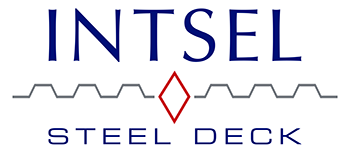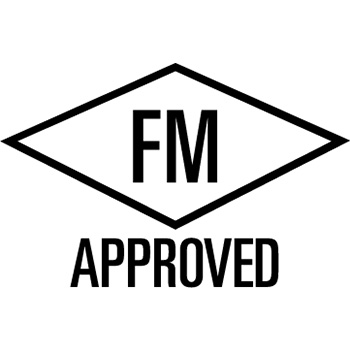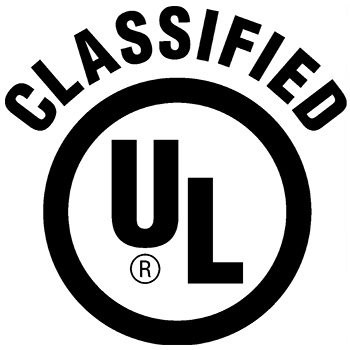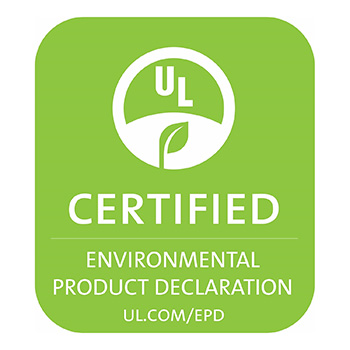The Melting Point Of Metals
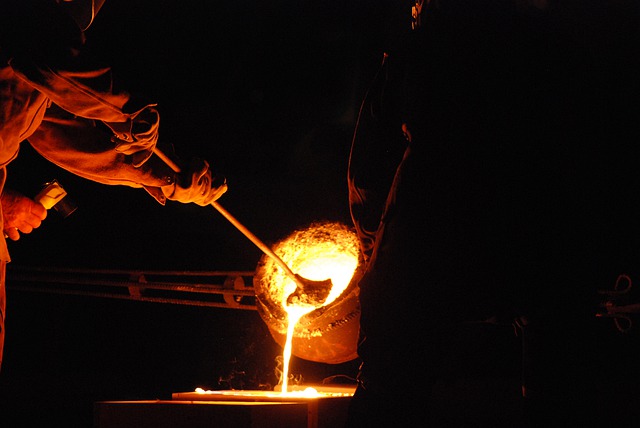
In our modern world, metal plays an incredibly integral role in our daily lives. From the phone in your pocket to the skyscrapers in city skylines, metal makes those things possible. Metals have several properties to be considered when choosing one for your construction project.
Their malleability, electrical and thermal conductivity, density, strength, and hardness should be considered. Another important consideration is the melting point of the metal. The melting point of metals (sometimes known as the melting temperature) is the temperature to melt metal at which it reaches an equilibrium between solid and liquid phases.
Knowing the melting point for metals is important for a few reasons. Many construction processes like welding and casting require metals to be in a liquid state to be formable. And many metals fail, structurally speaking, before melting, which can lead to component failure.
Knowing the melting point of metals is essential for construction efficiency and safety, and helps you choose the best material for the job.
Different Types of Metals
Metals can be grouped into three main categories: ferrous, non-ferrous, and alloys.
Ferrous metals are made mainly of iron (with small amounts of other elements). They are prone to rust and are magnetic. Generally, ferrous metals are strong and hard. Non-ferrous metals have no iron in their composition. They tend to resist corrosion, have less mass, and are non-magnetic.
Alloys are substances created with a mix of two or more metals. Alloys are often created with the goal of being lightweight and reducing the melting point of the metal. Because alloys are a mixture of substances, the melting point of alloys is sometimes given within a range, as it can vary, based on the specific composition of the metal.
Low-Melting Point Metals
Metals with a low melting point liquefy at a low temperature and then re-solidity. Metals with a melting point below 842°C/450°F are considered low-melting point metals.
Low-melting point metals are especially useful for joining or casting parts. They are also often used as a temperature safety valve (when they melt, shutting down the machine) and in projects that require liquid metal. Many low-melting-point metals are alloys, created specifically for that characteristic.
High-Melting Point Metals
Let’s take a look at some of the most common metal’s melting points (and their uses), from lowest to highest:
Lead: 327°C/621°F. Industrial uses: Lead is one of the lowest melting point metals of any metal. Because of the low melting point, lead is often used as a solder. It is used extensively in construction and plumbing.
Zinc: 420°C/787°F. Industrial uses: Zinc is malleable and flexible, and is durable and resistant to corrosion. It is often used in roofing (especially roofs with steep pitches) and exterior cladding on structures.
Magnesium: 650°C/1202°F. Industrial uses: Magnesium is incredibly lightweight, and is often used in products and tools that benefit from lighter weight. It is often used in automobiles and aerospace applications.
Aluminum: 660°C/1220°F. Industrial uses: Aluminum is extremely versatile and is often used for framing, plumbing, and other structural and mechanical applications. It is also a very popular roofing material.
Brass 930°C/1710°F. Industrial uses: Brass is a popular choice for applications that require low friction, such as bearings, sockets, gears, hinges, and casings.
Gold: 1063°C/1945°F. Industrial uses: Aside from the decorative uses of gold, it is also useful in architecture to reflect heat and retain it. It is also used in electronics and space exploration, especially in satellites.
Cast Iron: 1204°C/2200°F. Industrial uses: Common industrial uses of cast iron include plumbing and pipes, automotive parts, and machine parts.
Nickel: 1453°C/2651°F. Industrial uses: Nickel is mostly used for building components (usually in alloys such as stainless steel and nickel silver).
Wrought Iron: 1540°C/2800°F. Industrial uses: Wrought Iron is used mainly in decorative items such as fences, doors, gates, and railings. It is also widely used in nuts and bolts.
Copper: 1084°C/1983°F. Industrial uses: Copper is widely used in electronic equipment, such as wiring, and motors. It is often used in roofing and railings. It solders well, creating strong bonds and junctions.
Stainless Steel: 1510°C/2750°F. Industrial uses: Stainless steel is widely used in construction due to its flexibility, strength, and rust resistance. It is often used for support and strength in architecture.
Chromium: 1860°C/3380°F. Industrial uses: Chromium’s hardness and erosion resistance make it an indispensable industrial metal. It is most often used to create alloys and for plating surfaces.
Refractory Metals
Titanium: 1668°C/3034°F. Industrial uses: Titanium is most often used in alloying and engine applications. It is often found in components of aircrafts, ships, and heat exchangers.
Zirconium: 1855°C/3371°F. Industrial uses: Zirconium is widely used in the chemical industry and in nuclear reactors.
Tungsten: 3422°C/6192°F. Industrial uses: Tungsten is the highest melting point metal of all metals, and is incredibly hard. Because of these properties, it is often used in heating elements, lighting filaments, and creating cutting tools.
Why Steel Stands Out
By comparing the melting temperature of metals, it is easy to see that structural construction benefits from the wide range of metals available. But in a crowded field, steel stands out as the most adaptable and multi-functional choice.
Steel is strong, reliable, and cost-effective. It binds well to concrete and is resistant to corrosion as well as extreme temperatures. Our quality steel products are tough enough to provide support for the largest project, and also an attractive choice for finishing touches when presentation matters.
And we have a staff of dedicated and knowledgeable employees, as well as multiple warehouses and around-the-clock processing. We provide not only top-of-the-line steel stock but also value-added services. Let us show you why we are industry leaders in wholesale structural steel. We can provide you with affordable, reliable products and excellent service. Request a quote today.
